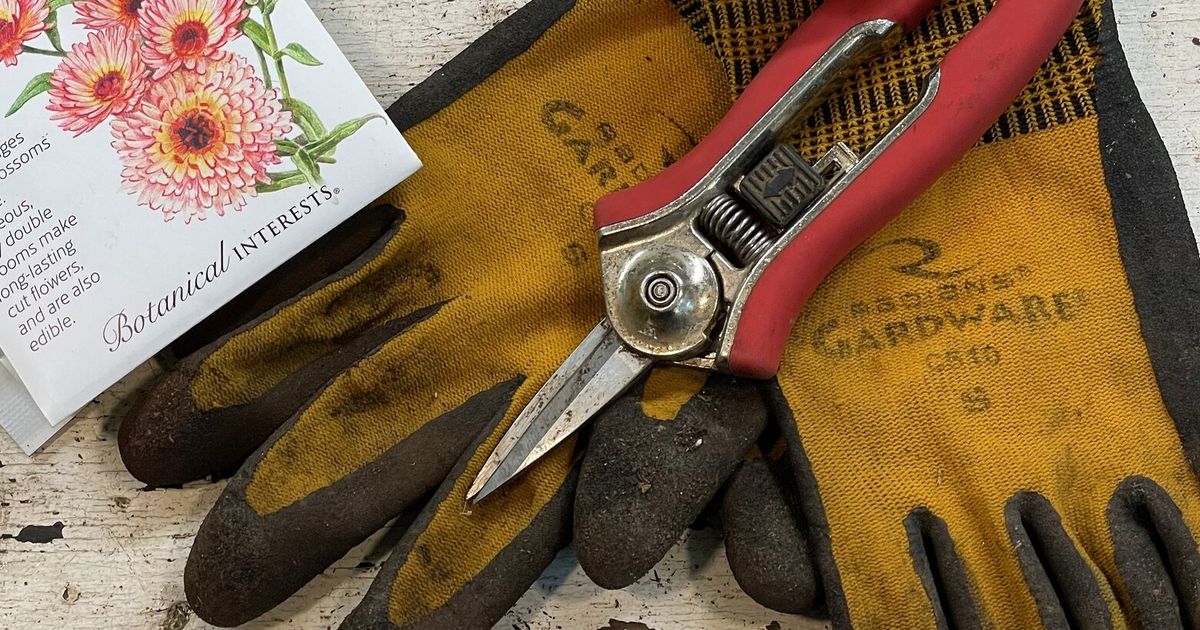(Credit: Alamy)
With the benefit of hindsight, it seems ridiculous that anybody would consider Paul Newman as anything other than one of the finest actors of his generation.
He became a star in the late 1950s and stayed that way for decades before evolving into one of Hollywood’s most respected elder statesmen, all without losing his innate ability to give nuanced, engrossing performances that left critics enthralled, and audiences mesmerised.
Newman notched nine Academy Award nominations, eight for ‘Best Actor’, claimed the prize at long last for Martin Scorsese’s The Color of Money, and pulled his weight in a slew of classics that numbered Cat on a Hot Tin Roof, Hud, The Hustler, Butch Cassidy and the Sundance Kid, The Sting, Slap Shot, The Towering Inferno, and more.
He was at his highest during the ‘New Hollywood’ era when actors who wouldn’t have been considered leading men during the ‘Golden Age’ rose to prominence. It was the first time the best actors and the biggest stars were considered one and the same, and yet Newman still didn’t get all of the credit he quite clearly deserved.
Unless somebody is a dyed-in-the-wool salad dressing aficionado, the first thing that comes to mind when most people think of Newman is his piercing blue eyes. They were definitely one of his strongest and most marketable assets, and it certainly helped that he was a ruggedly handsome and statuesque chap. However, he bristled at the suggestion that he was only on the A-list because of his good looks.
While it’s not untrue to say that being ridiculously telegenic comes in very handy in Tinseltown, Newman had more than enough top-tier performances to back up his reputation as one of the best around. However, for years, he was followed by naysayers who claimed that being a very good-looking man was the number one reason he rose to the top of the A-list.
“If blue eyes are what it’s all about and not the accumulation of my work as a professional actor,” he ranted to the Saturday Evening Post. “I may as well turn in my union card right now and go into gardening.” That said, if he followed through on his threat to quit the business and take up horticulture, he’d instantly be pigeonholed as the most famous and handsome gardener this side of Alan Titchmarsh.
It’s a decidedly first-world problem to moan about being so easy on the eyes some folks refuse to acknowledge the subtleties of the craft, but evidently, one Newman felt strongly enough about to speak out on. The easiest way to stick it to the doubters is to prove them wrong, and considering he voiced his anger at being labelled little more than a pretty face in 1968, those words ended up being eaten and then some.
Related Topics









